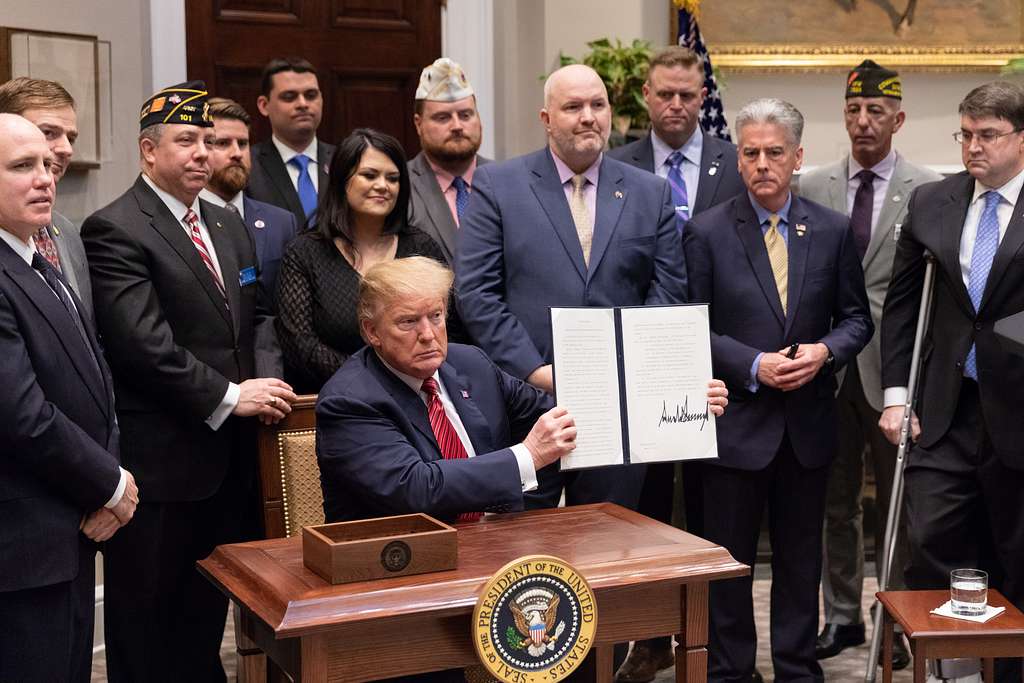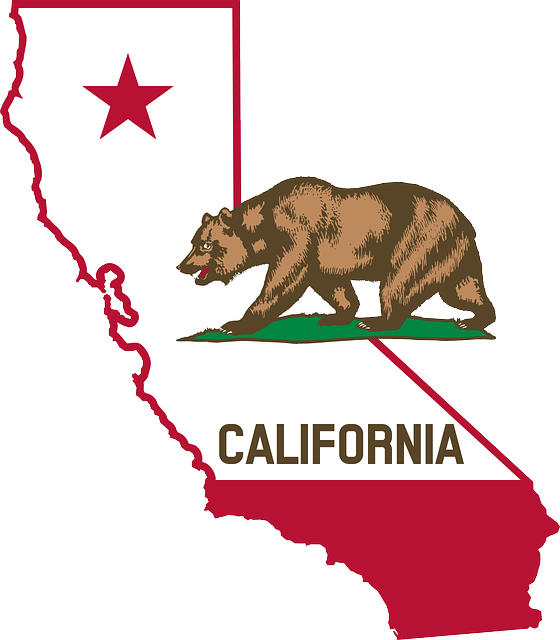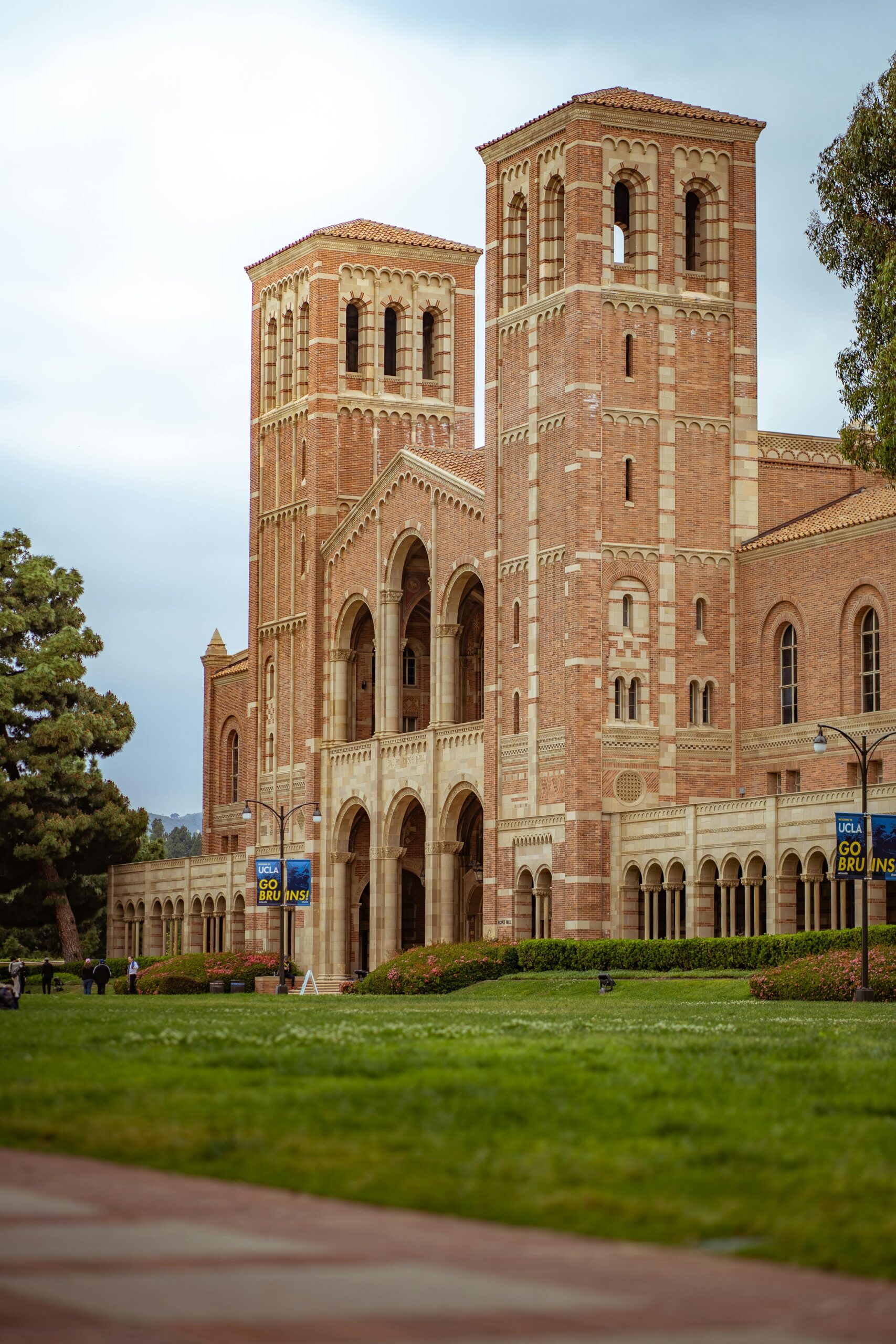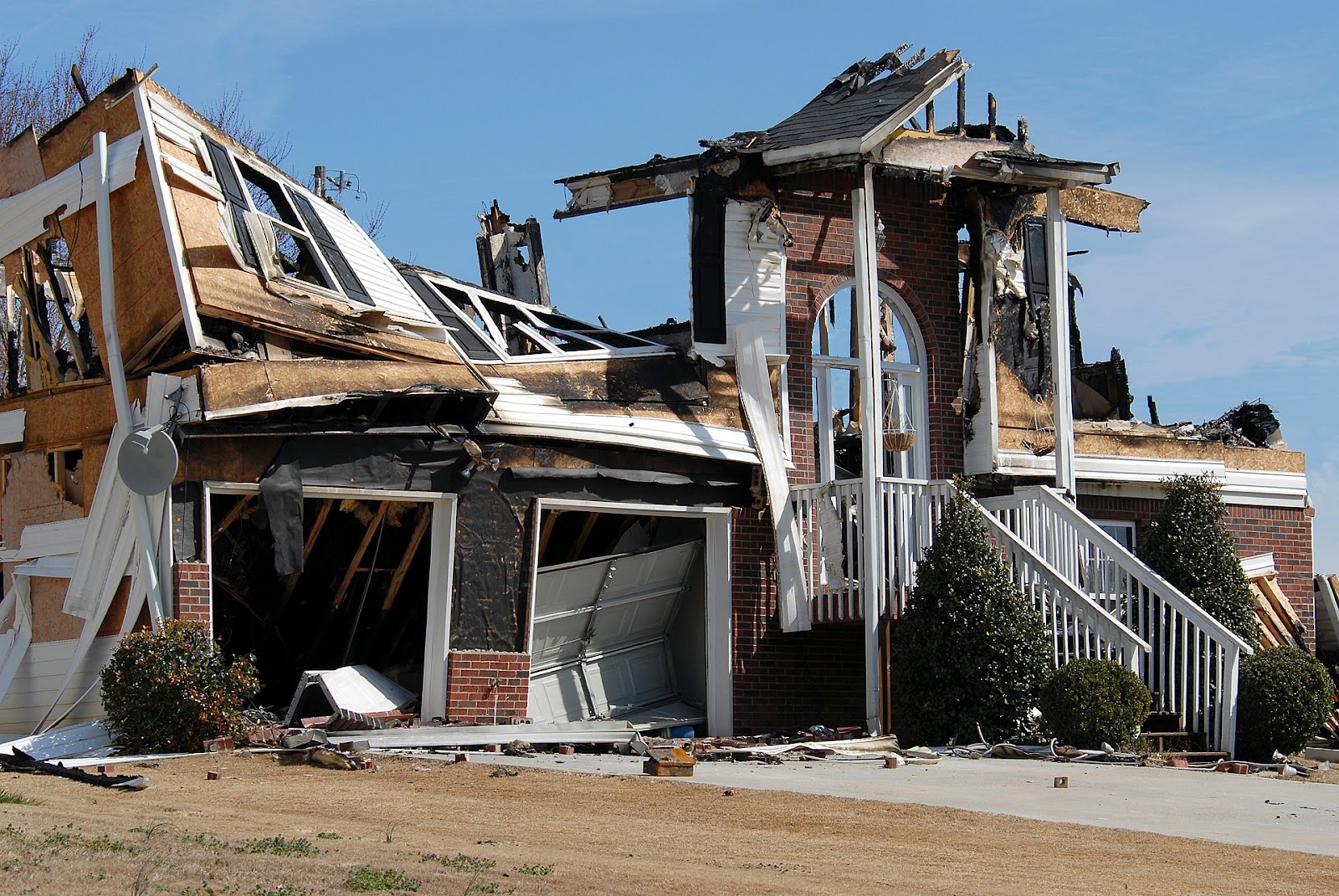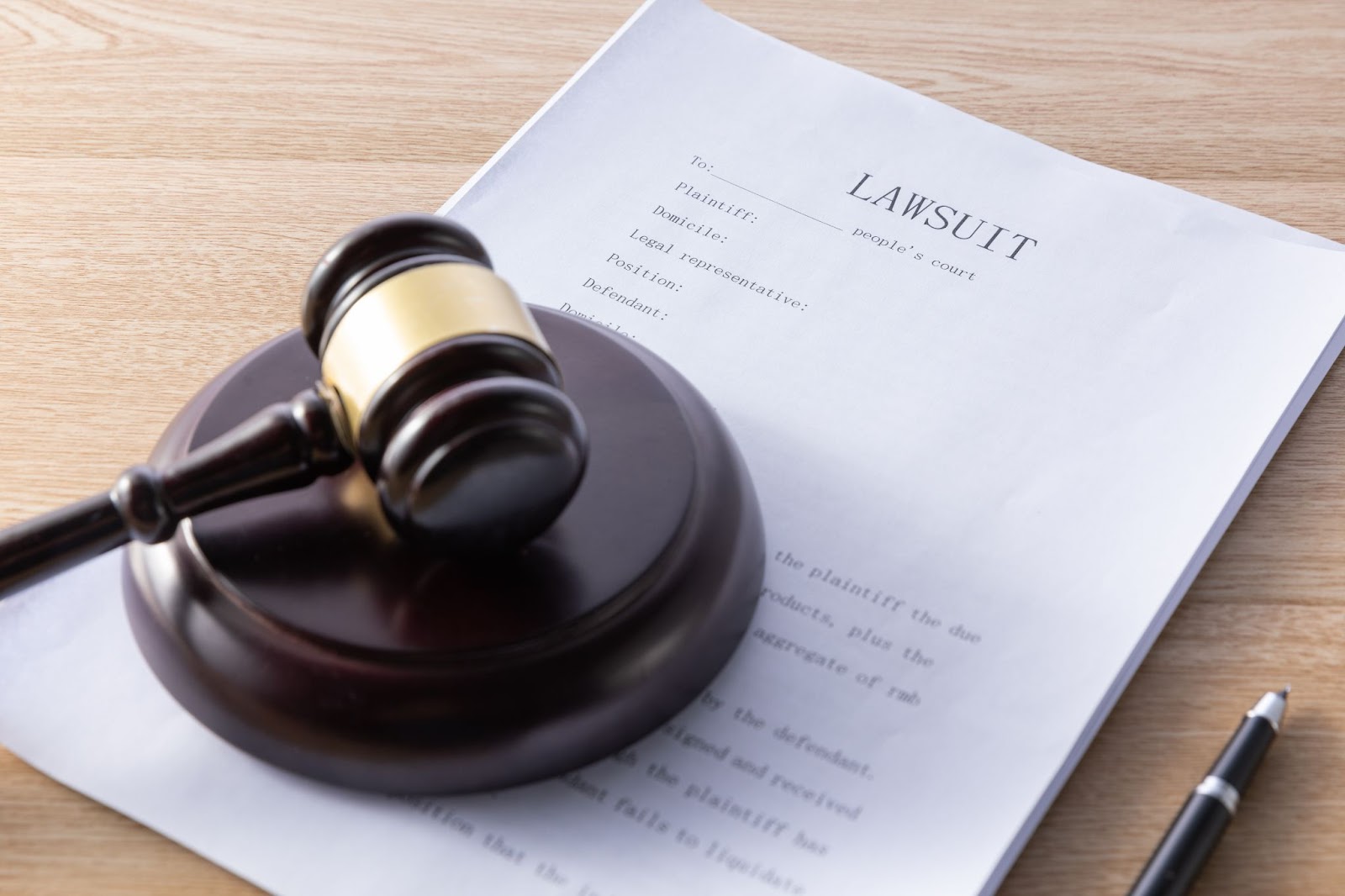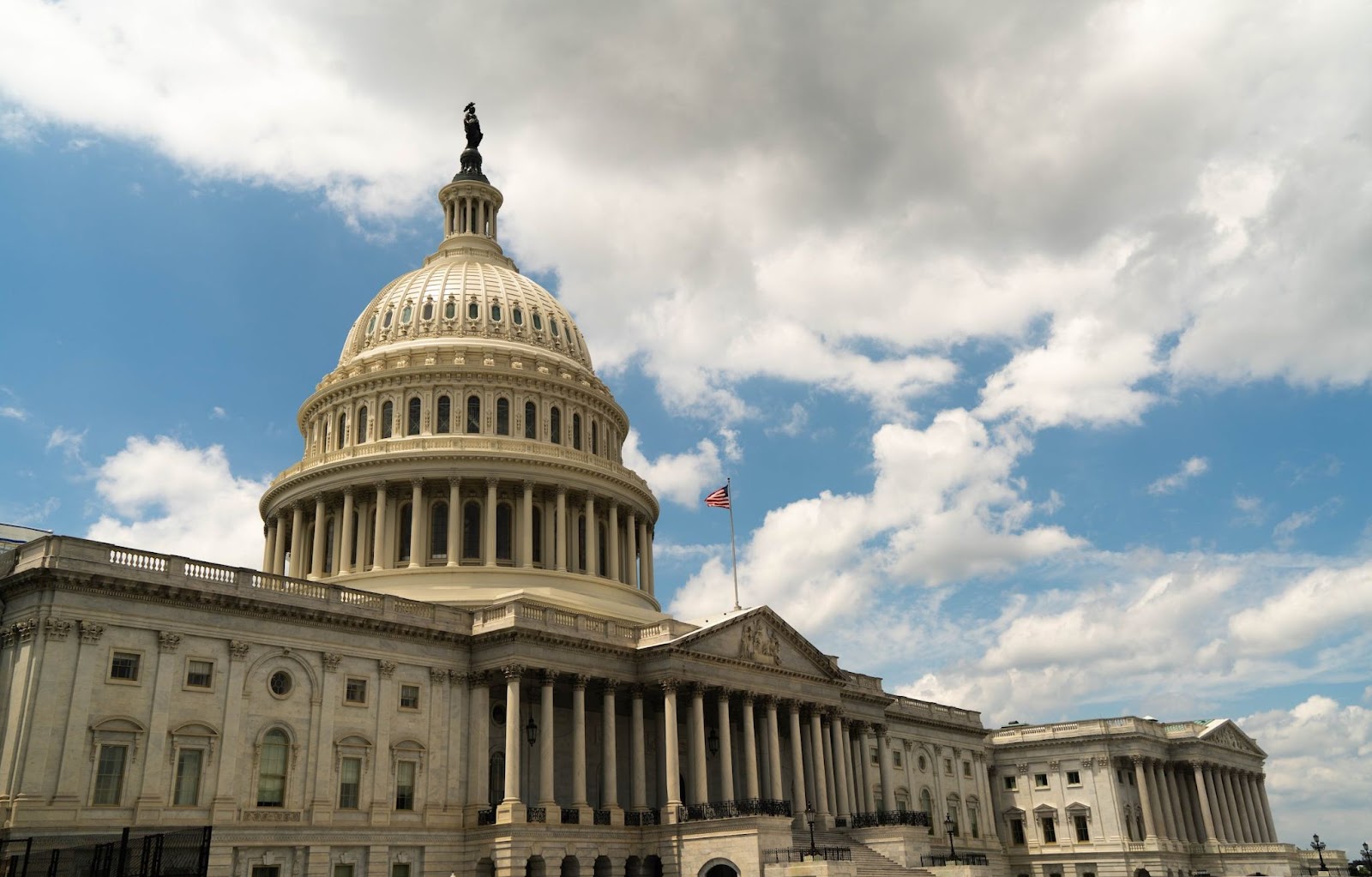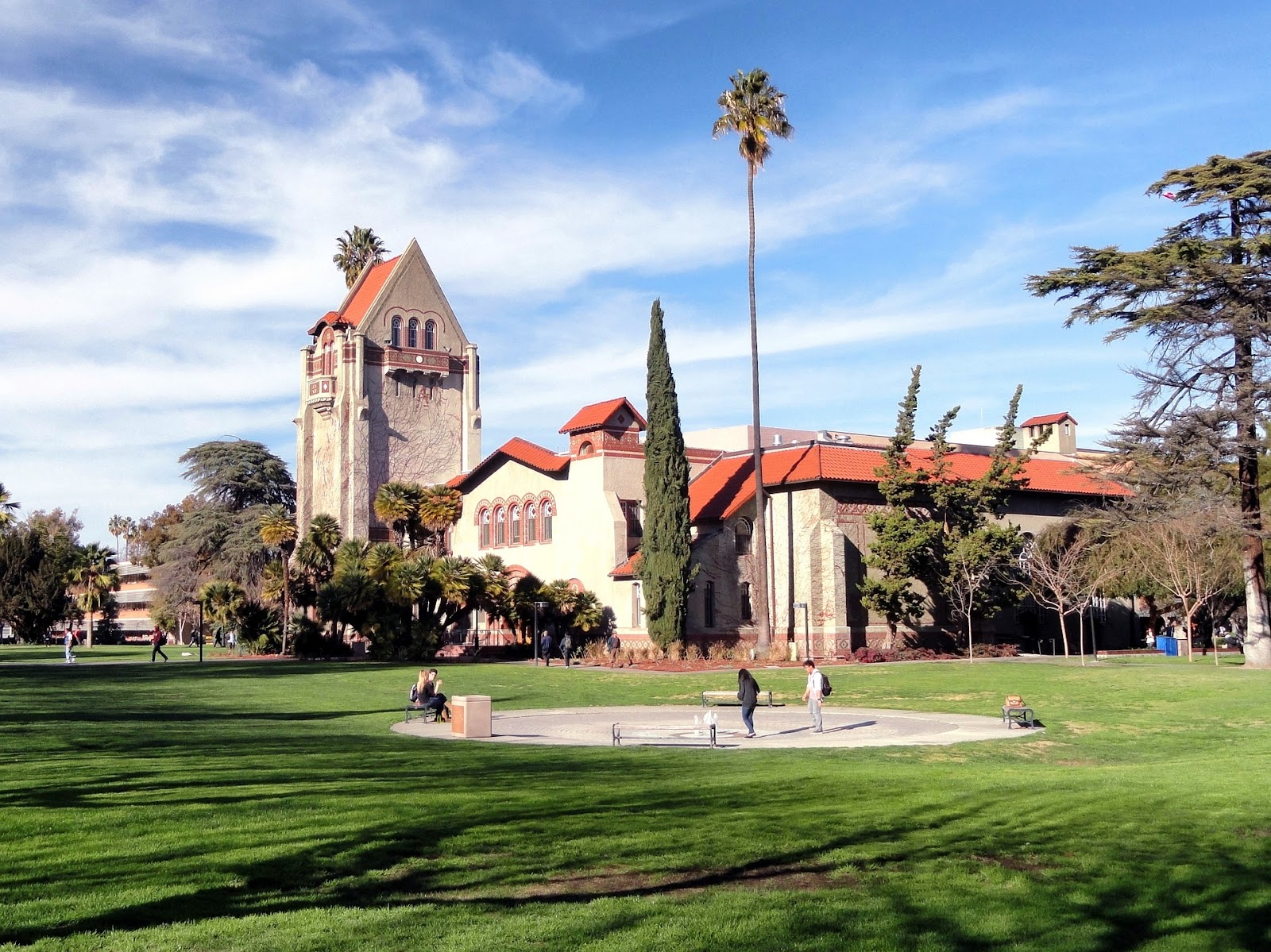A comprehensive reparations plan is being advanced by the California state legislature with the goal of redressing the systematic and historical injustices that black people who are descended from slaves have to deal with. A law that calls for the state to issue a formal apology is at the center of this endeavor; it has already passed the Assembly and is currently being considered by the state Senate. Lawmakers and academics see this apology as a foundational component of the larger reparations framework, laying the groundwork for significant legislative reforms.
California Moves Forward with Historic Reparations Legislation
Dr. Marcus Anthony Hunter, a professor of sociology and African American Studies at UCLA, articulated the importance of this apology. “The apology — it’s fundamental for the process. You need that on record,” he said. Hunter stressed that such an admission is long needed and expressed the hope that it will not be the end goal but rather a continuing endeavor to right the wrongs of the past.
The California Legislative Black Caucus, which has submitted 14 measures based on more than 100 recommendations from the California Reparations Task Force, is leading the proposed legislation. This task group was established to investigate the effects of slavery and the prejudice that followed. It has spent the last two years developing its recommendations. Lawmakers think that a formal apology is what will get these extensive reforms through.
The apology bill’s author, state senator Reggie Jones-Sawyer, a Democrat from South Los Angeles, referred to it as the cornerstone of the reparations movement. This is the main motivation for our actions. This will be contextualized in the legislative bundle. We are now starting to implement the other 100 recommendations, which encompass all areas of human effort,” he said.
Key Proposals and Bills Advancing in the State Legislature
Legislators in California are now debating three important proposals. The Fund for Reparations and Restorative Justice would be established under Senate Bill 1331, which was written by state senator Steven Bradford, a Democrat from Gardena. This fund would set aside 6% of the state’s budget reserves to support programs that compensate black people who were freed from slavery and black people who were enslaved and lived in the nation before the end of the 19th century.
Establishing the California American Freedmen Affairs Agency is the goal of Senate Bill 1403. In order to ensure that the policies are carried out effectively, this organization would supervise and keep an eye on how reparations are being implemented across governmental agencies. The Freedmen’s Bureau, a government agency founded in 1865 to offer crucial services to recently liberated African Americans, served as a model for the organization.
Bradford is also the author of Senate Bill 1050, which aims to establish a process for paying back land or compensating Californians whose property was stolen by the state or municipal governments on the basis of race. Additionally, this law would provide a procedure for evaluating abuse accusations and figuring out fair compensation.
These bills have passed the state Senate and are now advancing to the Assembly. “After two years of study by the California Reparations Task Force on the impact of slavery and institutional discrimination on African Americans in California, we are now taking action,” Bradford said. “These three bills are critically important for setting up the framework for reparations.”























